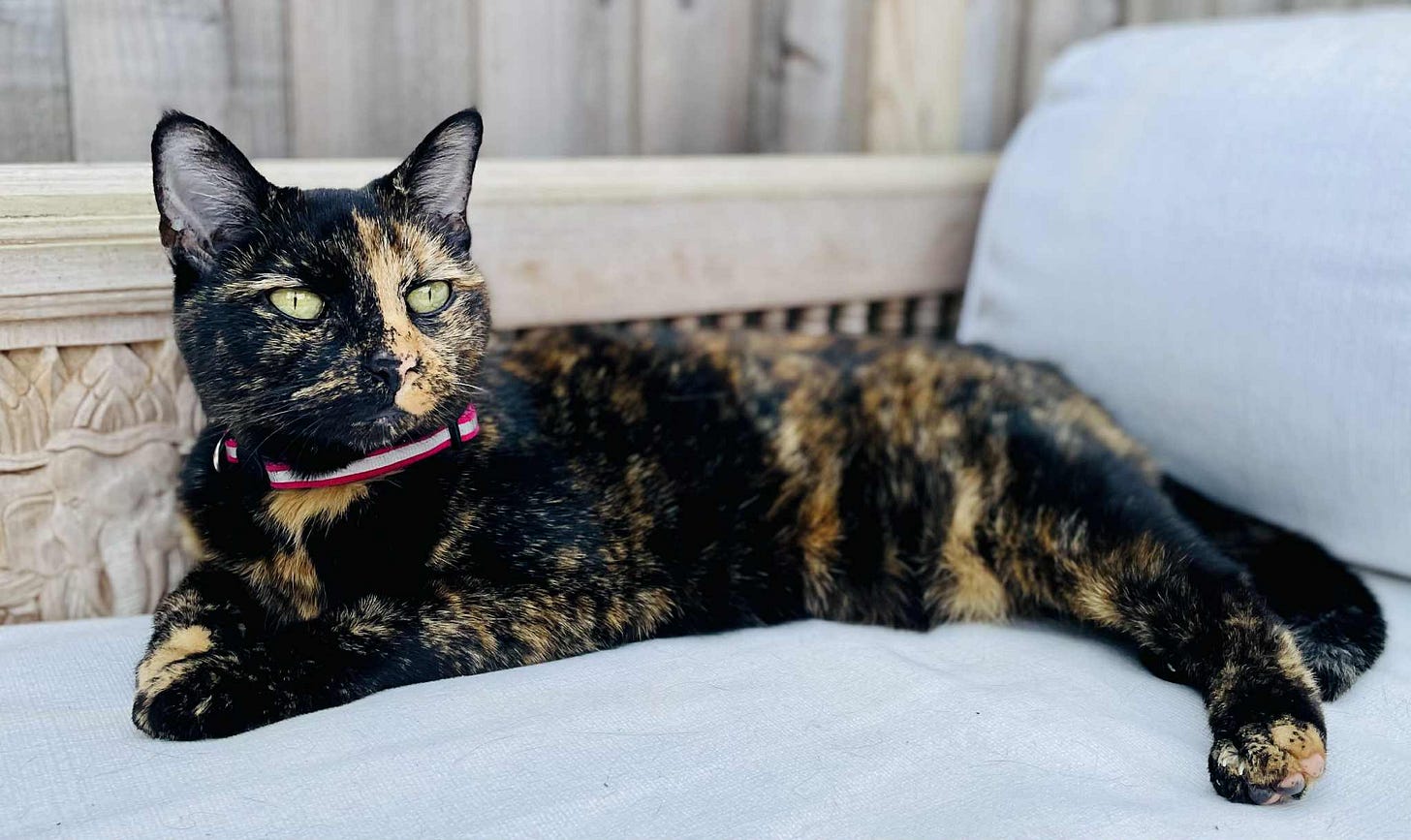Oxford animal sanctuary vet fees doubled in 3 years
Pet owners in Oxfordshire report mixed quality of veterinary care
Oxfordshire Animal Sanctuary reported that they now pay over £200,000 a year in vet fees, double the amount paid in 2022.
This is evidence of the pressure being placed on charities and animal shelters by increasing prices. The Competition and Markets Authority (CMA) found that average vet prices rose by 63% between 2016 and 2023, far above the level of inflation.
The Oxfordshire Animal Sanctuary rehomes around 500 animals every year. An external vet practice provides medical care for their animals, and on occasion animals can be referred to other practices.
In their recent provisional decision, the CMA said that vets might be required to publish a price list on their website, alongside other recommendations which are designed to improve price transparency for pet owners in particular.
Iain Atkin, Sanctuary Manager at Oxfordshire Animal Sanctuary, said: “Whilst our vets offer a significant discount, the price rises over the past few years have been substantial.
“This puts huge pressure on our finances.”
However, Mr Atkin commented that the CMA does not adequately address the matter of high fees in their provisional report.
The RSPCA Kindness Index 2025 reported that donations to UK animal charities fell by 13.6% in 2025, putting additional pressure on animal shelters.
Response from pet owners
Pet owners in Oxfordshire describe varying standards of care from local veterinary practices. Many residents praise their practice for high quality care, albeit in conjunction with high prices.
Barbara Ellis, from Abingdon, said that her dog, Bella, a 3-year old springer spaniel, had to be sedated for an X-ray due to her liveliness. The cost was £1,000, although it was covered by her pet insurance.
The average treatment cost for typical conditions and illnesses for cats and dogs can vary:
Accident: £500 - 1200
Wound: £300 - £900
Vomiting and diarrhoea: £100 - £600
Weight loss: £300 - £600
Lack of appetite: £300 - £600
Respiratory Issues: £400 - £600
Abscess: £80 - £500
Seizures: £150 - £400
Gastroenteritis: £100 - £600
Source: ASDA Money
Ms Ellis believes that individual practices are not to blame for high prices, but rather it is the large companies behind them looking to increase profits. Many veterinary practices around Oxfordshire are increasingly being bought out by bigger companies.
She said: “It’s so difficult to find an independent vet”.
The CMA reported that independent practices accounted for 89% of the UK veterinary industry in 2013, falling to around 45% by 2021. Going forward, vets might need to make it clear to customers if a practice is owned by a group.
Boundary Vets in Abingdon is owned by Linnaeus Group, which is responsible for over 80 practices. A spokesperson said: “Boundary Vets is committed to providing value for money through our clinical expertise and client service.
“While the CMA continues to look at the industry, we will stay focused on ensuring our patients and clients in the community have access to the high-quality care they deserve”.
“A complete absence of compassionate care”
Kristi Belle Lavis, from Kidlington, has serious concerns about the care her cat, Guiness, recently received.
Guiness was taken to the vet after daily occurrences of vomiting. After initial blood tests, Ms Lavis was informed that all results were normal, and the vomiting was left unaddressed until she made a formal complaint.
She alleges that there was consistently poor communication throughout, including a prescription being sent to the wrong branch.
After Guiness was sedated for further treatment, Ms Lavis said “she was returned to me still covered in faeces… no one had cleaned her”.
She added: “This was not only unprofessional but deeply distressing”. Guiness is now being treated at a different practice.
Looking ahead
Responding to the CMA’s provisional decision, Dr Rob Williams, President of the British Veterinary Association, said: “We need clarity on the proposed introduction of comprehensive price lists, because how vet care is delivered is varied and complex.”
He added: “Unless the CMA gets this right, it could end up creating greater confusion for consumers, which in turn could have a negative impact on animal welfare”.
The CMA is seeking responses to their provisional decision until 14 November 2025.



